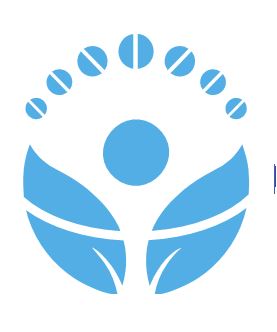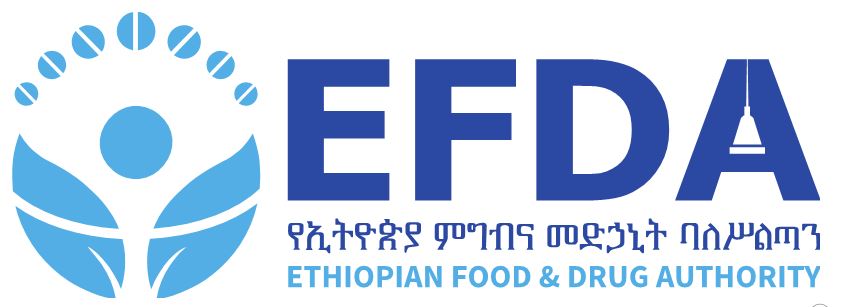Ethiopia has one of the fastest growing economies in the world. However, production capacity, technological developments, creation of employment opportunities and investments in the healthcare sector are behind on other sectors (HSTP, 2015), while at the same time due to population growth and longer life expectancy the Federal Ministry of Health is expecting an increase in demand of medication. This forms a threat to one of the biggest issues in the healthcare sector: the existence of falsified products in the legitimate pharmaceutical supply chain. Falsified pharmaceuticals negatively impact patient safety. They can cause harm, might lead to loss of lives, but also will have economic impact and will result in less trust in the healthcare system. Many governments have limited resources to have adequate counterfeit control. Currently, anti-malarials and antibiotics are amongst the most commonly reported falsified pharmaceuticals worldwide (WHO, 2017). The WHO estimates that 1 in 10 medical products in low- and middle-income countries is substandard or falsified (WHO, 2017). In addition to threats to patient safety, the lack of visibility in product movement between trading partners and within organizations uncovers much inefficiency in the Ethiopian pharmaceutical supply chain. According to the recent medical products supply process reengineering exercise conducted by the Pharmaceuticals Fund and Supply Agency (PFSA) one of the major problems identified is inefficiency in the public-sector supply chain mainly attributed to lack of logistics data visibility (PFSA, 2017). Gaps in forecasting and distribution have resulted in limited availability of key pharmaceuticals in hospitals, long procurement lead time, problems in recordkeeping, low data quality, untimely requisition and consumption reporting, no real-time stock status information at national level, wastage due to expiry and damage, theft and an inefficient recall system (HSTP, 2015). In the past decades, the government of Ethiopia has invested a lot in health system strengthening to improve the quality and equity of health services to the public. Maintaining accountability, responsiveness, informed decision, traceability and good governance in pharmaceutical regulation and the supply chain are key milestones that the authority is striving to ensure. The government is actively implementing national policies and transformation plans including the National Growth and Transformation Plan II (2016/16-2019/20) (NGTP, 2016) to ensure that pharmaceutical regulations are streamlined, effective, efficient and accessible to the community. Also, Information Revolution is a key transformation agenda set by the Ethiopian Ministry of Health within the five-year Health Sector Transformation Plan (2015/16-2019/20). Information revolution will reform the methods and practice of collecting, analysing, presenting and disseminating information.
Strategic plan For Traceability Implementation
You are here:
- Home
- Publication
- Strategic plan For Traceability Implementation


